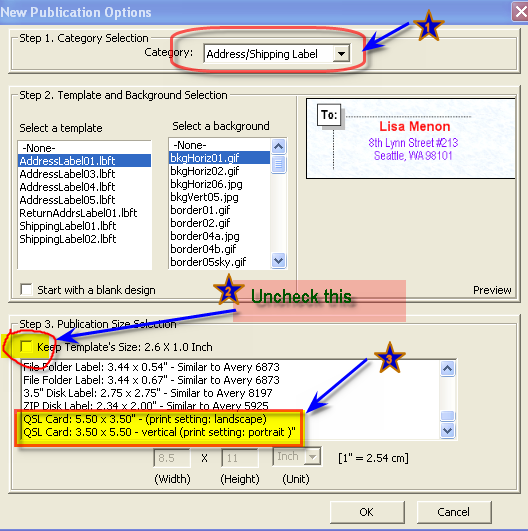E Qslcard Adif Logbook
7.2 Edit Menu
Here you find the main tasks to configure the appearence and the characteristics ofyour personal logbook.
Create Baseteables
If you setup a new logbook first you have to define which elements the logbookshould possibly contain. This is done by creating the basetables. LinlogBook containsa file BaseTables.sql that contains a set of usefull definitions. These definitionsare made by sql statements and you can expand them by editing this file.For example you can add adif fields by adding values to the ADIF table.
You can also expand or reduce the list of bands and modes you are working byediting this file.
You can create these basetables only once
ARRL, the national association for Amateur Radio 225 Main Street Newington, CT, USA Tel:1-860-594-0200 Fax:1-860-594-0259 Toll-free:1-888-277-5289 hq@arrl.org Contact ARRL. What is Logbook of The World? Logbook of the World can accommodate every possible user scenario. – Home – Portable – Mobile – Maritime – QSL Managers – DXpedition or whatever, LoTW can be setup to properly process your logs and match QSOs for all of your operations.
E Qsl Card Adif Logbook Login
Define Database Fields
By defining the database fields you select those fields you will actually use in yourlogbook and you label the columns. You can change this selection up to the finalcreating of the qso table.
ARRL Logbook of the World, LOTW: The ARRL Logbook of the World scheme was introduced in 2004. This electronic QSL method enables contact confirmations to be submitted electronically. The electronic QSL confirmations are in the form of database records which are electronically signed with the private key of the sender. The Electronic QSL Card Centre! Upload ADIF Log Upload ADIF file and convert from ADIF format to Database Sunday, January 10, 2021 13:20 UTC Callsign: FAQ Contact Us: MFJ Enterprises Welcome New User; JA2POE/9 Isamu Sumikama from JAPAN Site News.
Create QSO Table
Creating the qso table means establishing the logbook. LinLogbook is ready for use.After this step you can’t change the defintion of this logbook anymore.
Update Basetables


Here you can execute sql statements stored in a file.
Two possible usecases are
- You want to expand the bands or modes that can be assigned in your logbook. Write the insert statements into a file and choose this file to update your basetables. In the file BaseTables.sql you see the syntax of the appropriate sql statements.
- If you want to expand the features of your logbook by inserting additional columns you did not use up to now, you have to recreate your logbook.
First you have to save the database definitions and views to files and store the entered data into another file by exporting them as adif file.
Then you can create a new database and load your previous definitions by updating the ( at this moment empty ) basetables by the stored database definitions.
After this step the qso table is not defined yet, so you can expand your definition by new database fields. If the favoured fields are not in the adif field list, you have to update your ADIF table. For more infomations see section 5. If the definition fits your needs, create the qso table and create the views ( if necessary ) by updating the basetables by running the file you saved your views to.
Now import your saved adif data and your redesigned logbook is ready for use.
QSL Card Setup
E Qsl Card Adif Logbook Template

Here you define which fields of your logbook will be printed to your qsl card.Additionally you have to define the print position in mm and you can choose a fontsize between 8 and 12 points.
You are even able to print some text conditionally. I use this to mark either the TNXQSL or the PSE QSL text on my qsl card.
Here is my setup. Have a look at the two entries of QSL_RCVD.
Preferences
Adif Log Files


E Qslcard Adif Logbook
At least the database directory, the date format and the separator should be set. Youhave to set the port, if you want to be able to run the linlog server. The languageselection will not be utilised at the moment and the other fields are for later use,too.